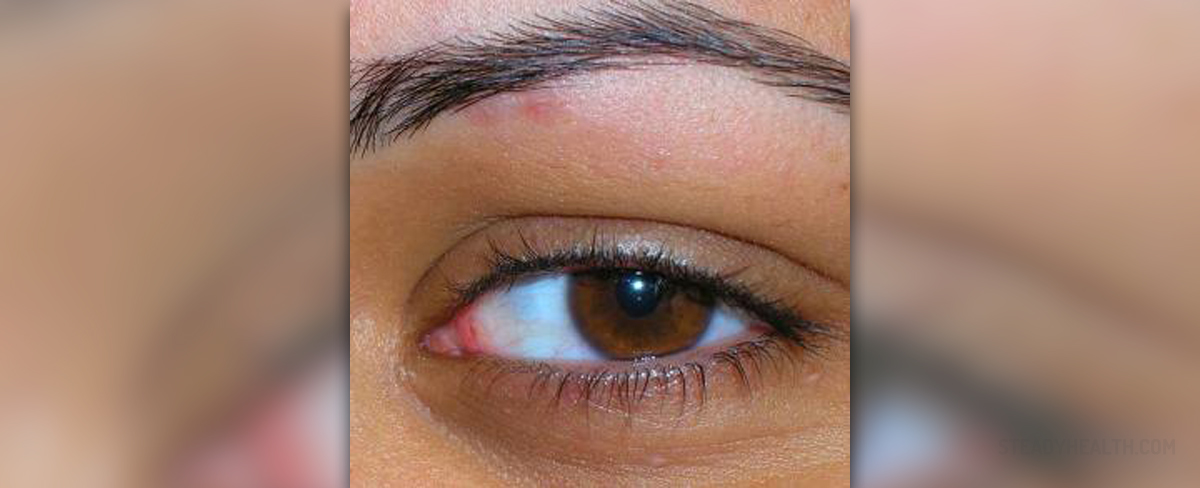
Eye twitching is a common phenomenon, medically known as myokymia fasciculation. This is a benign muscle twitch that occurs in the eyelids. The most important thing about eye twitches is that they are not a medical disorder. Muscle twitches, especially those that affect the eye lids, are symptoms of some other condition. Knowing what causes twitching of the eyelids means knowing how to treat the symptom. In order to determine the exact cause of myokymia one should determine what are its greatest risk factors and what is most likely at fault. Determining the most likely reason calls for the next successful step – treatment!
The most common causes of eye twitching
Lack of sleep is one of the most common causes of eye twitching. An average human being needs at least 6-8 hours of proper night sleep to function normally. The good night sleep involves sleeping in a completely dark environment. One should always cover up any light sources no matter how small, and make sure there is no noise around.
Stress is another significant factor responsible for eye twitching. According to the Review of Optometry, in times of stress, lid myokymia symptoms tend to worsen.
General fatigue is another possible cause, and it actually represents a collection of conditions such as fatigue, stress, intense physical or mental labor, illness, etc.
Screens from our computer or TV may also provoke eye twitching, as the eye constantly moves and focuses at different fields of depth. If one looks at a computer monitor, TV, or other screens all day then the muscles in the eyes will begin to atrophy from the lack of use.
Consuming too much caffeine can also cause eyelid twitching to appear. This kind of twitch is caused by over-stimulation and it usually goes away once when a person reduces the caffeine ingestion.
Vitamin deficiency is another common cause of eye twitching. The link between deficiency in vitamin B and eye twitching is particularly strong.
Allergies an also irritate the eye and cause an eyelid twitch. Sometimes, the eyelid twitch may be present as a single symptom of the allergy.
Pinched nerve may also be responsible for eye twitching. This normally occurs after a car accident or other physical trauma that causes a compressed nerve in the neck or face, leading to eyelid twitches.
Treatment of eye twitching
In most patients, the problem corrects itself with no intervention. In some rare cases eye twitching can be serious and a sign of neurological problems. It may even develop in a more chronic condition. Treatment of eye twitching will depend on the most possible risk cause. The general recommendation is to have enough quality night sleep, start using multivitamin supplements and limit your coffee intake.One should drink coffee instead of espresso and, when looking at the screen for prolonged period, every 15-30 minutes should look away from the screen for a minute or two.


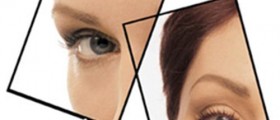



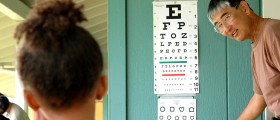

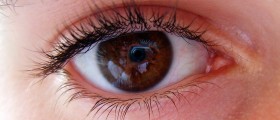
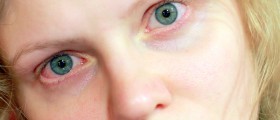





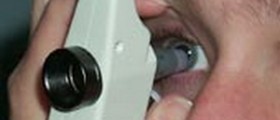

Your thoughts on this
Loading...